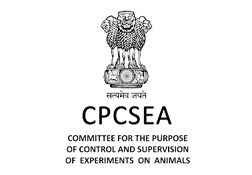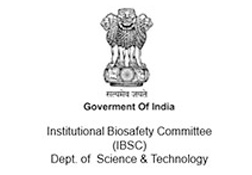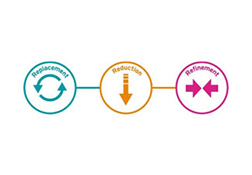Unravelling the power of iPSc: Redefining the future of drug discovery
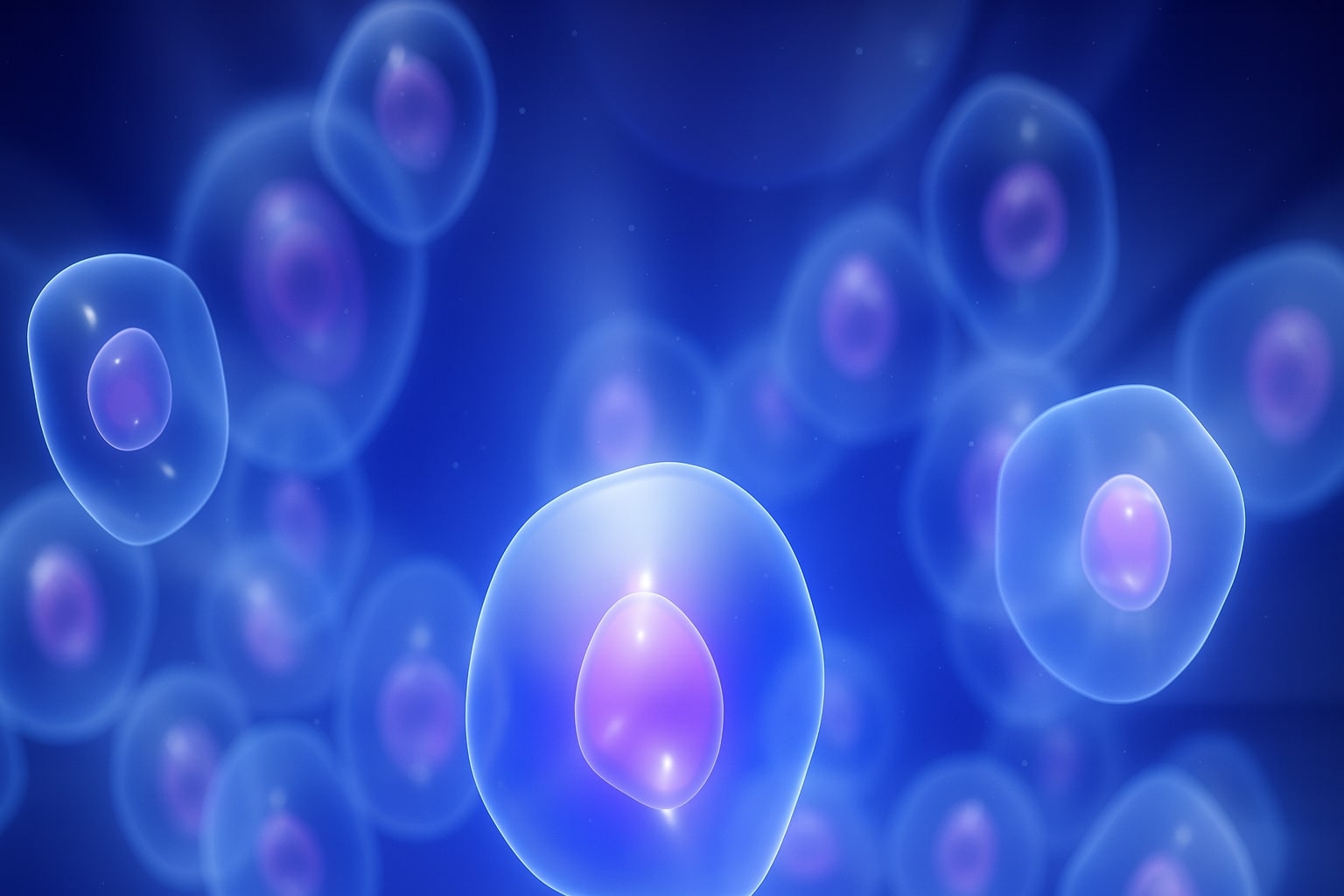
Induced pluripotent stem cells have revolutionised biomedical research by enabling scientists to create patient derived, disease relevant several cell types in vitro. Their ability to self-renew indefinitely and differentiate into any human lineage make it an indispensable tool across therapeutic areas.
iPSC reprogramming
Induced Pluripotent Stem Cells (iPSCs) are typically generated by reprogramming somatic cells, usually blood cells or skin fibroblasts using transcription factors such as SOX2, OCT4, KLF4 and c-MYC. Using patient specific cells preserves individual’s genetic makeup, including variants, making iPSCs a powerful tool in exploring disease pathogenesis that mimics human disease.
Customised iPSC generation
Different strategies are applied for generation of iPSCs depending on the disease area, they can be differentiated into neurons, cardiomyocytes, hepatocytes and many other cell types. This enables the researcher to model diseases in vitro such as neurogenerative disorders, cardiovascular diseases, genetic disorders and metabolic disorders.
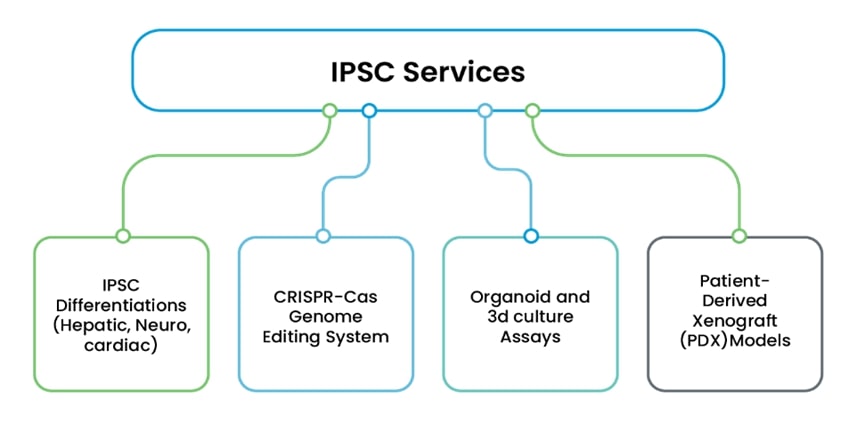
iPSC is reshaping the landscape of biomedical research and playing a critical role in drug discovery. With its reprogramming ability, they provide a relevant, customisable platform that can replace in-vivo research to some extent and in future can lay the foundation for personalised medicine. h patient specific models, opportunities.
“TheraIndx- when patient biology meets next generation innovation”
- 1. Takahashi K, Yamanaka S. Induction of pluripotent stem cells from mouse embryonic and adult fibroblast cultures by defined factors. Cell. 2006 Aug 25;126(4):663-76. doi: 10.1016/j.cell.2006.07.024. Epub 2006 Aug 10. PMID: 16904174.
- 2. Takahashi J. iPSC-based cell replacement therapy: from basic research to clinical application. Cytotherapy. 2025 Jul;27(7):835-842. doi: 10.1016/j.jcyt.2025.01.015. Epub 2025 Feb 1. PMID: 39969437.
- 3. Okita K, et al. A more efficient method to generate integration-free human iPS cells. Nat Methods. 2011 May;8(5):409-12. doi: 10.1038/nmeth.1591. Epub 2011 Apr 3. PMID: 21460823.

